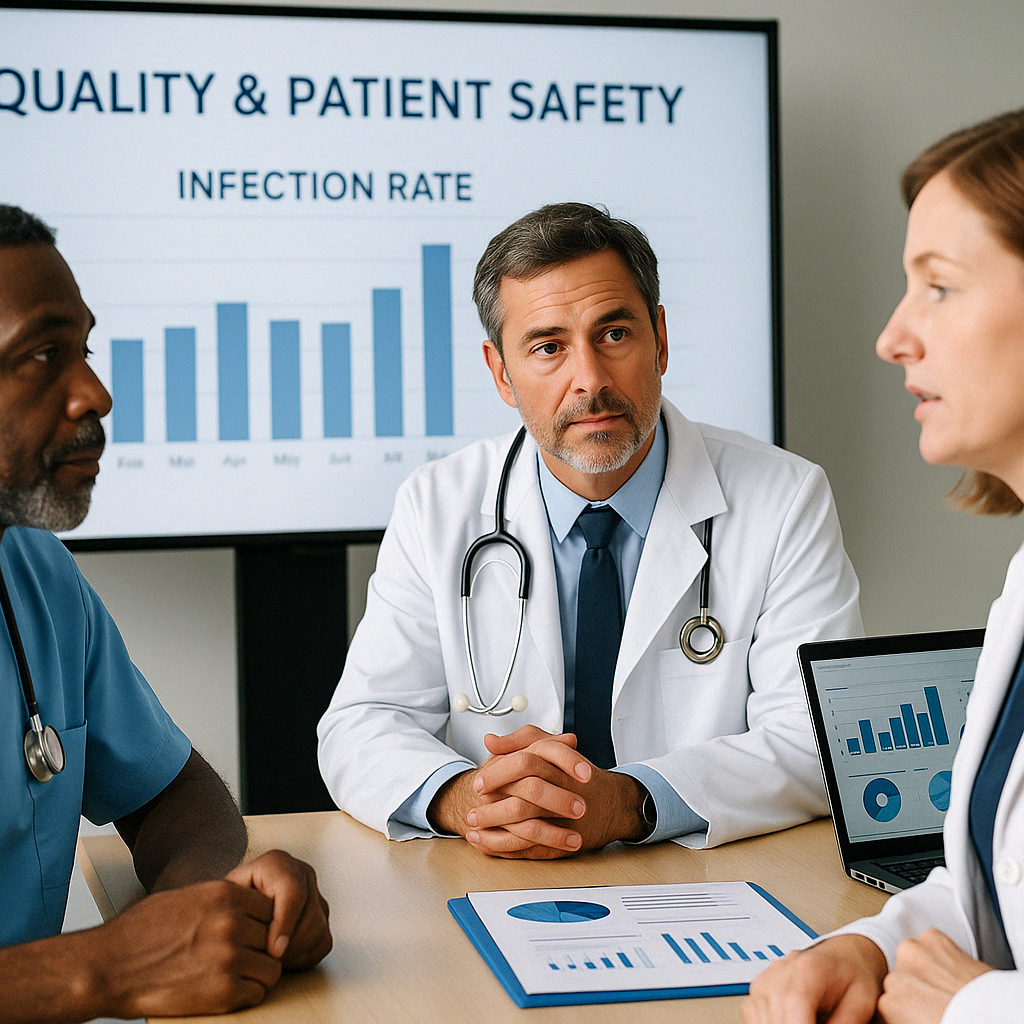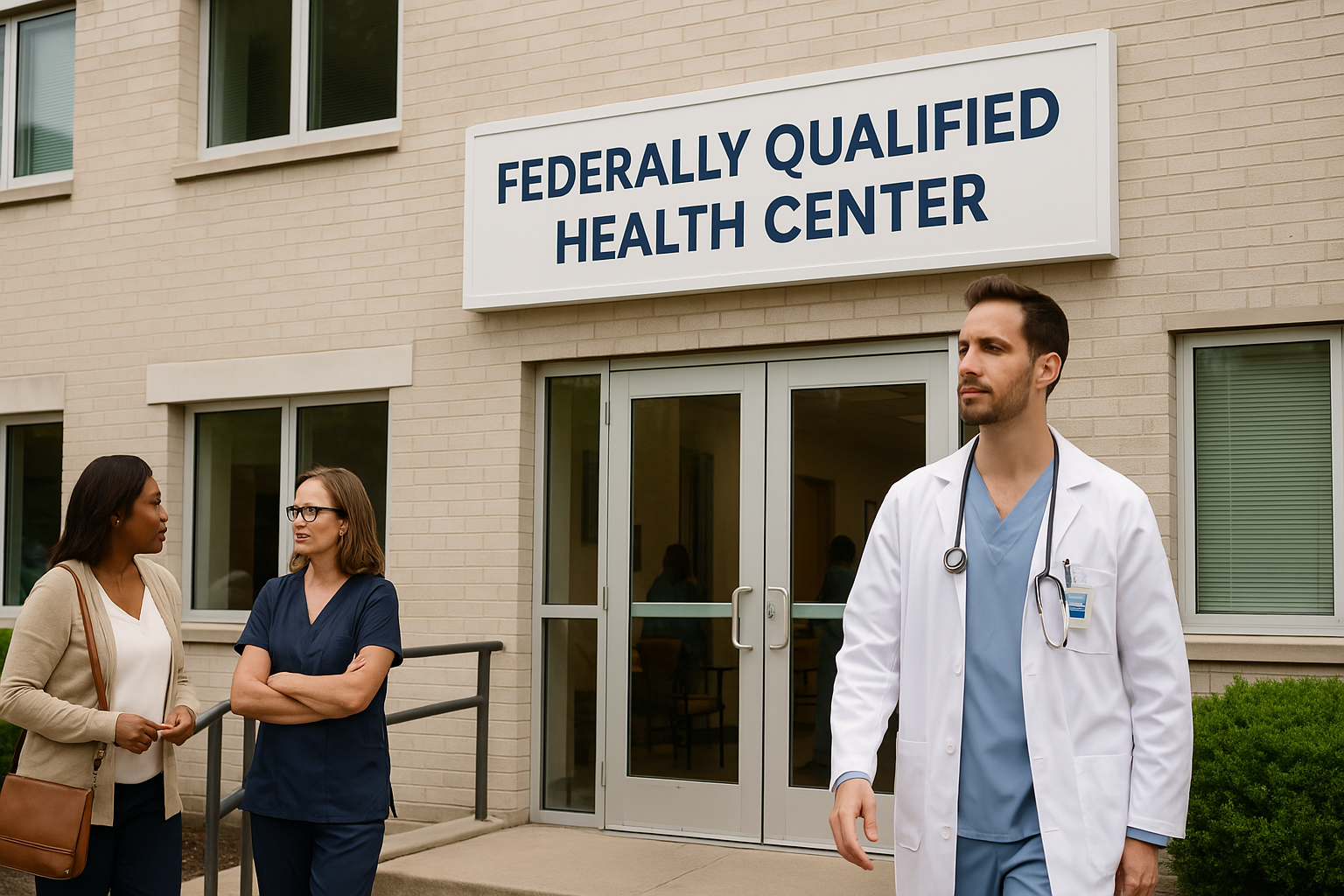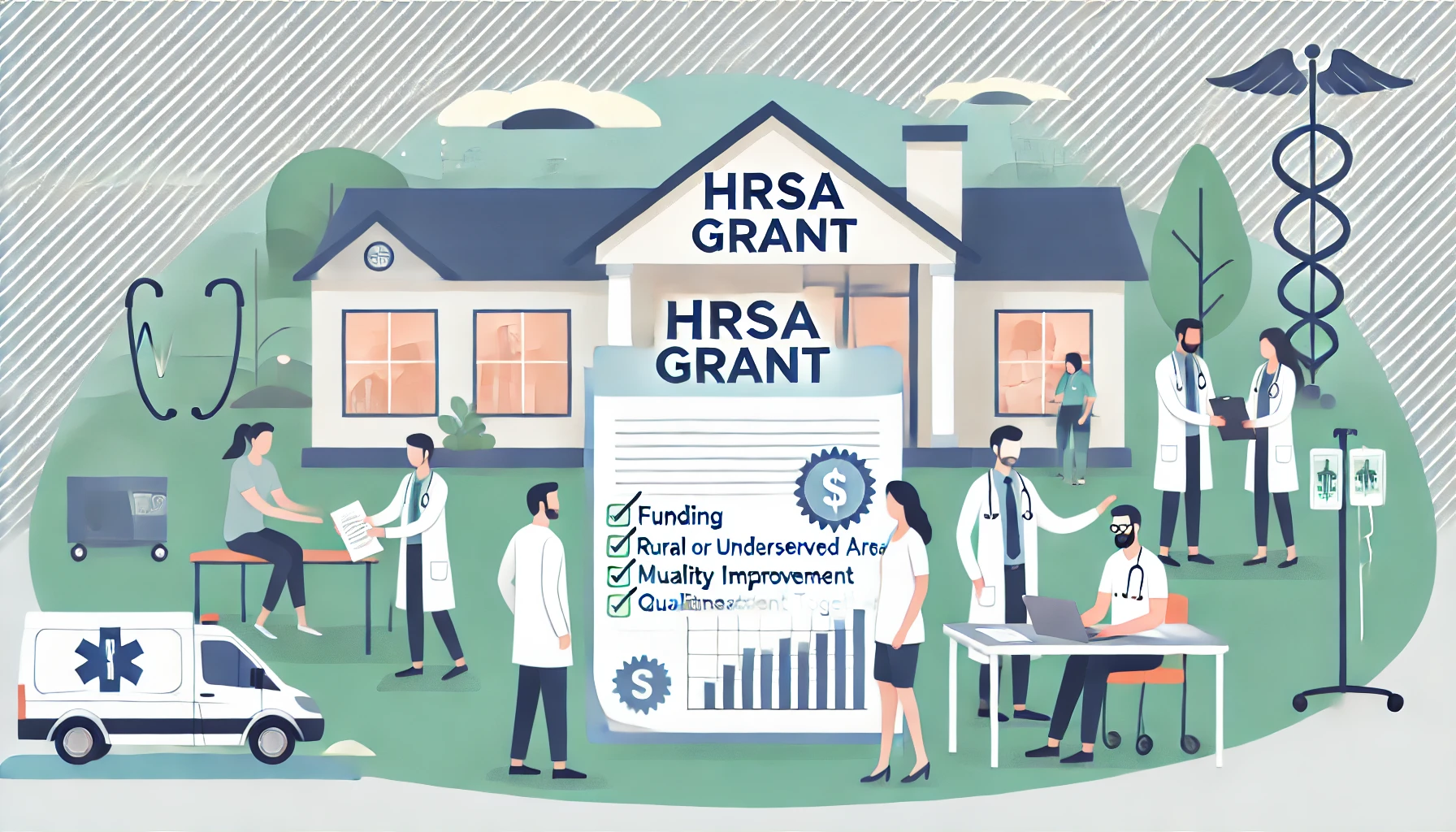
Table of Contents

January 7, 2025
Bridging Healthcare Inequities: The Role of Personal Injury Law in Medical Malpractice Cases
Personal injury law can expose systemic healthcare inequities, holding providers accountable and spurring reform, yet access to justice remains unequal.
Bridging Healthcare Inequities: The Role of Personal Injury Law in Medical Malpractice Cases
Healthcare inequities are a persistent challenge in the United States, with marginalized communities often bearing the brunt of systemic issues. While research and policy reform strive for solutions, the intersection of personal injury law and medical malpractice offers an intriguing approach to addressing some of these disparities. A recent article from Legal Reader, titled "Medical Malpractice and Social Justice: Addressing Inequities in Healthcare Through Personal Injury Law," explores this dynamic relationship. Below, we delve into the key points of the article, raising questions and fostering a balanced discussion on its implications.The Link Between Medical Malpractice and Social Justice
Medical malpractice cases are not only about individual grievances but often highlight systemic shortcomings in the healthcare system. The article asserts that personal injury law can serve as a vehicle for social justice by holding negligent medical practitioners accountable for their actions, particularly in cases where poor or minority patients are disproportionately affected. Quoting the article, "By addressing these tragic outcomes through legal action, personal injury law acts as a tool for both compensation and reform." This perspective suggests that litigation can deter future negligence by influencing medical practices and policies. But how far can the law effectively bridge systemic gaps? While legal action can offer recourse to affected patients, it may also illuminate broader inequities. Some cases reveal patterns of neglect that disproportionately impact vulnerable communities—raising the bar for accountability but also highlighting ongoing disparities in healthcare access and quality.Legal Cases as Catalysts for Reform
The piece emphasizes that malpractice lawsuits do more than provide financial compensation to victims—they can drive systemic change. Through judicial proceedings, previously hidden issues, such as insufficient oversight or deeply rooted biases, are brought to public awareness. Attorneys specializing in personal injury law may also advocate for their clients in ways that bring about industry-wide reforms. For example, lawsuits have revealed implicit biases in medical decision-making, such as underdiagnosis of conditions in Black and Hispanic patients, as well as limited access to advanced medical treatments for patients in underserved communities. When court rulings expose these trends, healthcare institutions may feel pressure to implement changes to avoid future liability. However, one could question the scope of impact these cases have beyond individual hospitals or local healthcare providers. Do their effects translate into widespread reform, or are they confined to isolated corrective measures? As the article points out, these cases are often only the tip of the iceberg, leaving a broader systemic overhaul still largely unaddressed.The Challenges of Accessing Justice
While personal injury law holds promise as a pathway to accountability and reform, the article makes an important observation: access to justice is itself a reflection of inequities. Marginalized patients—often those most at risk for medical malpractice—may lack the financial resources, legal knowledge, or institutional support to pursue legal action. The article states, "Socioeconomic barriers make it more difficult for vulnerable communities to pursue litigation, even when they have clearly suffered from medical negligence." This raises another crucial question: how can personal injury law truly address healthcare inequities if its remedies remain inaccessible to those who need them most? Pro bono work and legal aid programs aim to close this gap, but they may not be sufficient to address the sheer scale of need, especially in low-income or rural communities where healthcare access is already limited. Moreover, plaintiffs who do secure legal representation may struggle with drawn-out trials or settlement offers that inadequately reflect the harms they've suffered.Preventative Measures Versus Legal Recourse
An interesting tension arises between the use of legal recourse to address malpractice after the fact and the need for preventative measures that could avoid these harms to begin with. Critics might argue that while lawsuits bring attention to wrongdoing, they react to problems rather than proactively resolving them. For example, stronger regulatory frameworks, improved medical training on implicit biases, and expanded healthcare access might reduce the conditions under which malpractice thrives. From this perspective, personal injury law is a crucial but incomplete tool for achieving equity in healthcare. That said, legal action often serves as a wake-up call. When financial liability becomes a tangible risk for healthcare providers, they may be compelled to prioritize preventative strategies. This dynamic underscores a symbiotic relationship between litigation and preemptive policy initiatives.The Debate on Tort Reform
One recurring point within the conversation about medical malpractice is the debate over tort reform. Proponents of reform argue that exorbitant malpractice settlements contribute to skyrocketing healthcare costs, indirectly affecting underserved communities when resources are diverted elsewhere. On the other hand, critics of tort reform assert that capping damages or limiting lawsuits undermines accountability and deprives victims of fair compensation. As the article rightly points out, any adjustments to the legal system must carefully balance the rights of patients with the operational realities of healthcare providers. Could a middle ground be achieved—one that maintains robust accountability while addressing concerns about costs? It’s a question that remains open for further investigation.Moving Forward: A Call for Collaboration
Ultimately, the role of personal injury law in addressing healthcare inequities is a complex and multilayered issue. Legal Reader’s article provides an important starting point for discussing how litigation can spotlight systemic flaws and empower affected individuals while acknowledging its limitations. To strengthen this connection between personal injury law and equitable healthcare, collaboration is essential. Attorneys, medical professionals, policymakers, and community advocates must work together to design solutions that go beyond courtrooms. Whether through enhanced education, expanded legal aid, or comprehensive policy reforms, addressing the root causes of malpractice requires a united effort. For readers interested in exploring the original piece, the article can be found here: Medical Malpractice and Social Justice: Addressing Inequities in Healthcare Through Personal Injury Law.Conclusion
The intersection of personal injury law and medical malpractice offers a thought-provoking lens through which to examine healthcare inequities. While lawsuits provide victims with compensation and can spur systemic reforms, challenges persist—such as access to legal representation and the broader need for preventative measures. By raising awareness and fostering collaboration among key stakeholders, the legal system can play a meaningful role in addressing these inequities, albeit as part of a larger, multifaceted effort. Readers are encouraged to reflect on the questions raised: How effective can legal action be in promoting long-term change? Are there alternative approaches better suited to tackle disparities in healthcare? As the conversation continues, it’s clear that bridging these gaps will require both innovative legal strategies and a commitment to systemic improvements.Thank you! Your submission has been received!
Oops! Something went wrong while submitting the form.

Why Every Hospital Needs a Quality and Patient Safety Program
Every hospital needs a quality and patient safety program to reduce harm, improve care, and foster a culture of accountability.
Read More
.png)
.png)
April 16, 2025

HRSA FQHC Requirements: A Comprehensive Guide for Healthcare Providers
When it comes to federally qualified health center requirements, there’s no shortage of regulations, expectations, and—depending on your perspective—opportunities.
Read More
.png)
.png)
April 7, 2025

Unlocking Funding: A Guide to Health Resources and Services Administration (HRSA) Grants
Use HRSA grants to fund external peer review programs that enhance care quality, reduce bias, and support compliance in health centers.
Read More
.png)
.png)
March 24, 2025



.png)
.png)
.png)






.png)